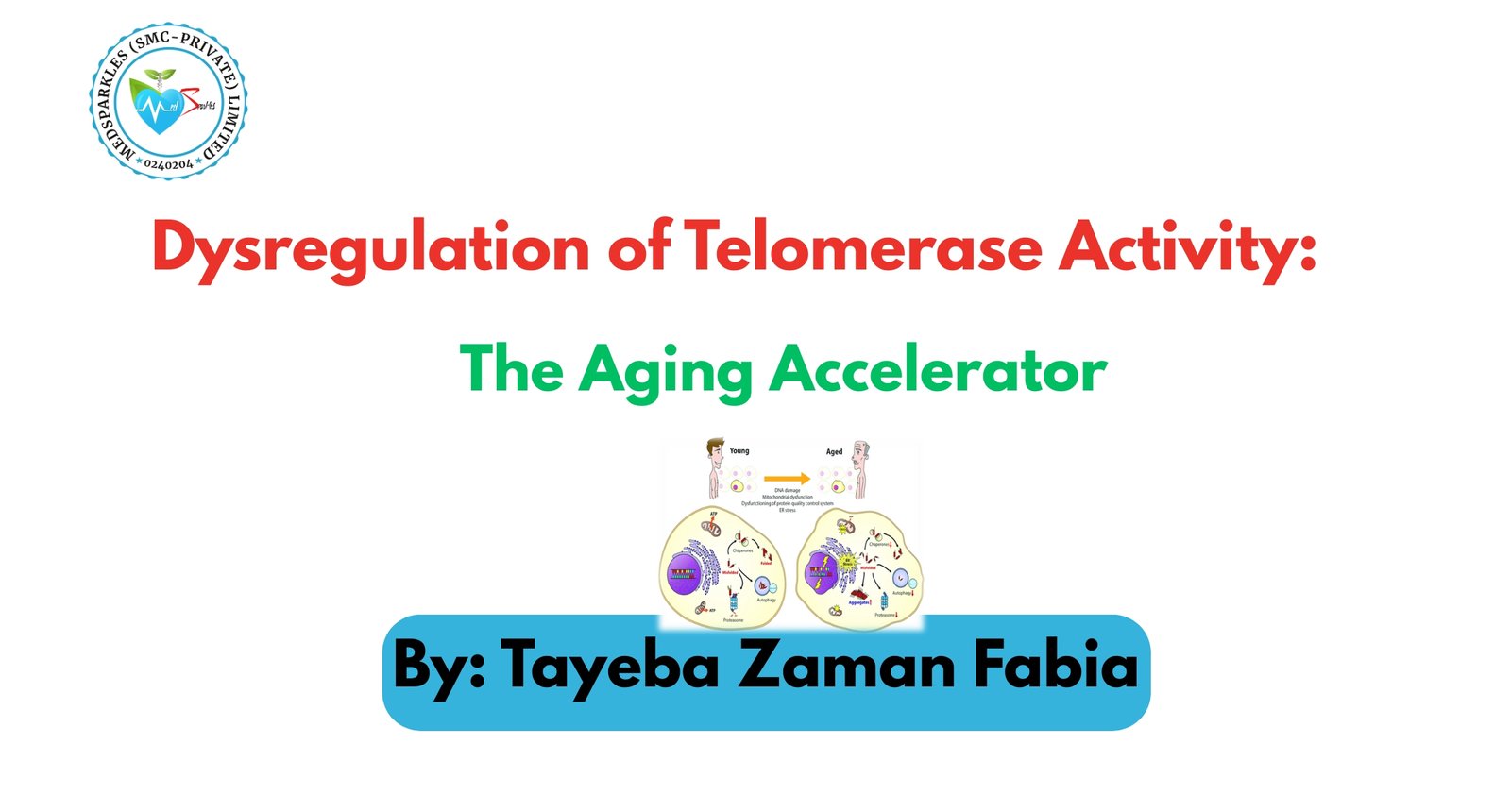
Our immune system is there to protect us against any kind of antigen that enters our body. But what if it recognizes our body tissues as antigens?
This happens in many autoimmune diseases, the one discussed in detail is rheumatoid arthritis.
An autoimmune disease that affects the lining of bones called synovium is rheumatoid arthritis which causes bone deformity. Rheumatoid arthritis is an inflammatory disease mostly affecting the joints of wrists, arms, and ankles.
Joint stiffness and pain come along with this disease. It cannot be treated but it can be managed to live a healthy and normal life.
Causes:
This disease can affect anyone at any age but genetic factors are among the most predominant reason for this disease. Environmental factors and stress may contribute to activating the genes that increase the likelihood of getting RA
Moreover, females are at more risk of developing rheumatoid arthritis.
Smoking also adds more chances of getting this disease. Obesity is also directly linked with the development of rheumatoid arthritis.
Symptoms:
Following are some common symptoms of rheumatoid arthritis
- Pain in both bodily parts in the same location
- Joints pain
- Stiffness and swelling of joints
- Strong pain after a long time of inactivity
- Fatigue
- Fever
- Lethargy
Diagnosis:
Your rheumatologist will make a diagnosis with different tests. One single test can never determine the presence of RA. Blood tests and x-ray examinations will help out in diagnosis.
Blood test:
Following blood tests will be performed to help general physicians in diagnosis of RA.
- C reactive protein
This reactive protein level rises in the blood when there is some inflammation in body. However, it generally does not confirm the diagnosis of Rheumatoid arthritis. A high level of this protein indicates inflammation in the body. Inflammation is one of the main symptoms of rheumatoid arthritis.
- Anemia test
Patients with rheumatoid arthritis usually have anemia. It is one of the main symptoms of this disease.
- ESR rate
Inflammation in body is determined by this test. It evaluates how fast blood cells settle at the bottom of test tube.
- Rheumatoid factor
Patients with rheumatoid arthritis usually have this antibody in their blood.
X-RAY
X-ray determines deformity in bones and it also determines the progression of disease over time.
Treatment:
The main goal of the treatment is to reduce joint pain and inflammation. Medication is started to prevent further damage to bone lining. But the damaged bones cannot be reversed. Hence treatment provides only management of disease.
You will receive various medicines, including painkillers and steroids, to reduce the progress of the disease. Depending upon your condition and the severity of the disease, surgery and lifestyle changes are also part of treatment.
- NSAIDs.The treatment usually starts by reducing the pain. Pain and inflammation can be alleviated by nonsteroidal anti-inflammatory medications (NSAIDs). Ibuprofen and naproxen sodium are some common examples.Kidney damage, cardiac issues, and stomach irritation are possible side effects.
- Steroids. Prednisone and other corticosteroid drugs lessen pain and inflammation while delaying joint deterioration. Diabetes, weight gain, and bone weakening are possible side effects. In order to rapidly alleviate symptoms, doctors frequently administer corticosteroids, which are then tapered off over time.
- DMARDs. These medications can prevent irreversible damage to the joints and other tissues by slowing the course of rheumatoid arthritis. Leflunomide, hydroxychloroquine, sulfasalazine, and methotrexate are examples of common DMARDs. Although side effects can vary, serious lung infections and liver damage are possible.
- Biological response modifiers: These are the proteins, prepared in lab to combat rheumatoid arthritis. They work by inhibiting the immune response towards synovium of bone. Sometimes doctor may advise to take this along with DMARDs. Biologics are used when DMARDs are not only enough to reduce the pain and inflammation. Common examples include adalimumab, etanercept and infliximab.
Physiotherapy:
Your rheumatologist may advise you to hire a physiotherapist, who will help you to do your regular tasks more easily. Exercises will reduce the chance of further bone and joint damage.
Surgery:
Surgery is the last option for the treatment of rheumatoid arthritis. The procedures performed for rheumatoid arthritis are following
- Synovectomy, which eliminates the joint’s inflammatory lining
- Repairing tendons
- Joint fusion can increase the stability of a joint.
- Replacement of joints

Diet Plan for Rheumatoid Arthritis Patients:
To get rid of inflammation, doctors along with medicine also advise patients to add diet that helps to reduce inflammation. Some better diet options are listed below to consider for the patients with rheumatoid arthritis.
- Leafy green vegetables
- Fresh fruits
- Vitamin C-rich food like cabbage, broccoli, citrus fruits
- Whole grains
- Legumes
- Fish like salmon
The Bottom Line:
Rheumatoid arthritis is a disease that can affect anyone but females are at more risk. It does not only cause damage to bones and joints but also affect the lungs, heart, eyes, and blood vessels. This disease is not curable but it can be managed well with different treatment options. And if the progress of disease is not slowed down by drugs, the last option available is surgery. A well-designed diet plan also helps to reduce joint inflammation and improves a patient’s quality of life.
Frequently Asked Questions
Can we live a normal life with rheumatoid arthritis?
Yes, we can live a normal and healthy life with rheumatoid arthritis. DMARDs available for this disease. These drugs produce effects by inhibiting the immune system and reducing bone damage.
What is the main cause of rheumatoid arthritis?
Rheumatoid arthritis is an autoimmune disease. Our immune system fights against different pathogens that enters in our body. But in this disease, our immune system starts damaging our bones, which leads to bone damage and inflammation.
What is the permanent cure for rheumatoid arthritis?
There is no permanent cure for this disease. However, symptoms start to resolve quickly as soon as the treatment is started. DMARDs have shown significant results in many patients.





